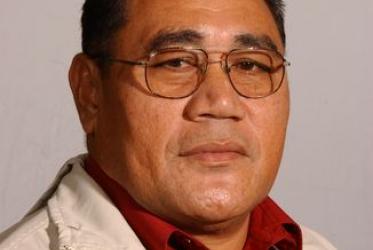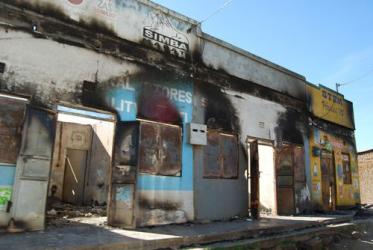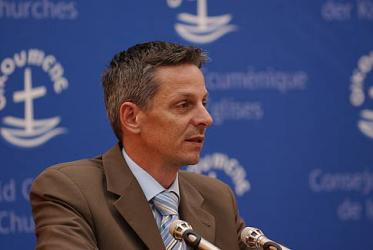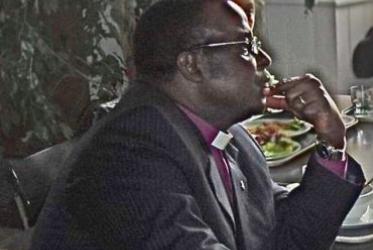Exploring responses in faith to institutionally and structurally embedded cruelty was the purpose of the theological consultation on cruelty that took place in Puidoux, Switzerland during December 5-8, 2006. Organized by the WCC and the Evangelical Lutheran Church in America (ELCA), this gathering focused on cultures, traditions as well as social, economical and political structures that are themselves cruel, as well as creating an ethos that "enables" people to become cruel. Twelve case studies from different contexts and perspectives provided the basis for the debate. Some of these are about racism, casteism, patriarchy, xenophobia, terrorism and counter-terrorism, torture of prisoners, genocide, rape and sex trafficking, and occupation. Papers from this consultation will be published in 2008.
01 January 2008
Commission on Faith and Order








